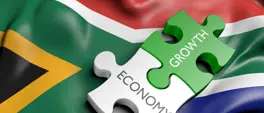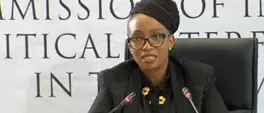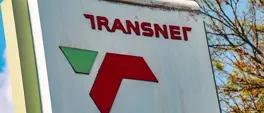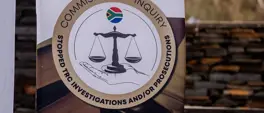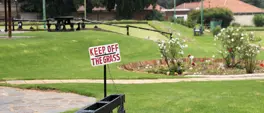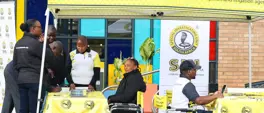South African farmers on the frontline of US tariff hikes
AFP
1 August 2025 | 8:16The hiked tariffs could cost South Africa 100,000 jobs, according to the head of the central bank, Lesetja Kganyago.
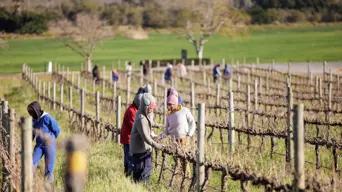
Graham Beck farm workers prune vineyards at the Graham Beck estates in Robertson on 30 July 2025. Picture: GIANLUIGI GUERCIA/AFP
ROBERTSON - As winter clouds gathered above South Africa's prime wine-producing Robertson valley, the mood has been sombre ahead of new US tariffs of 30% due to come into force next week.
Much of South Africa's sparkling white wine, Cap Classique, comes from this area 150 kilometres east of Cape Town.
The prized wine - produced with the same method as France's champagne - had previously been exempt from US tariffs under a special trade deal that protected many South African products, including citrus fruits, macadamia nuts and avocados.
Washington announced late on Thursday that the new tariffs would take effect next week, as US President Donald Trump seeks to reshape global trade to benefit the US economy.
In the weeks before the new levies were to take effect, the Graham Beck estate - a renowned Cap Classique producer - shipped out its entire annual quota for the US market of around 300,000 bottles, and even a little more, general manager Pieter Ferreira told AFP.
"We realised, as a team, let's buy some time," Ferreira said, as farm workers wrapped in thick fleece pruned the vines outside.
The aim was to have stock in place "that can see us out for the whole of this year without affecting our price points or price increases in the US," he said.
The US market represents almost 15% of the annual production of the Graham Beck estate, which employs 135 people.
This year's early export does not reassure Ferreira. "The crystal ball is very unclear for 2026," he said.
Four PERCENT of South Africa's farming exports, worth nearly $600 million, are destined for the US market, according to the chamber of agriculture.
100,000 JOBS AT RISK
More than 70% of arable land is still in the hands of the white minority decades after the end of apartheid, according to the latest figures from 2017, and it is these farmers who will be among the hardest hit by Trump's new tariffs.
Many among them are Afrikaners, descendants of the first white settlers who Trump has falsely claimed are persecuted by government policies and targeted killings, leading him to take in around 50 as refugees in May.
"It's not a racial divide as he is trying to make it look and sound like," Ferreira told AFP.
"He says the government is not looking after the farmers and yet he is penalising the farmers by putting up tariffs of 30% on agricultural products... It's ridiculous," he said.
The hiked tariffs could cost South Africa 100,000 jobs, according to the head of the central bank, Lesetja Kganyago.
The continent's most industrialised economy is already struggling with an unemployment rate of nearly 33%.
"The impact in agriculture could be quite devastating because agriculture employs a lot of low-skilled workers, and here the impact is on citrus fruit, table grapes and wines," Kganyago said on 702 Radio.
Between 6% to 8% of South Africa's citrus production is sent to the United States.
For farmers in Citrusdal, 200 kilometres north of Cape Town, this is an essential market and also tariff-free under the preferential African Growth and Opportunity Act (AGOA).
"At the moment it's about 25 to 30% of our business," said Gerrit van der Merwe among rows of oranges on his 1,000-hectare plot.
DEATH OF A TOWN?
Van der Merwe's family estate, ALG, employs around 2,000 people.
"As an established business, we can survive this," he said. "We will probably have to cut off a couple of hectares, take two steps back, wait four or five years and then move forward."
"But what is the reality? If we cut off 100 hectares, there's going to be 200 people looking for a job next year in Citrusdal," he said.
The impact would be huge for the small rural town of fewer than 10,000 people, which is particularly busy at the July-August peak harvest period.
"Citrus is the only source of income. So if we don't employ those 200 people, who will?" van der Merwe said. "And that's going to have a knock-on effect on the supermarket, the pharmacy, the clothing shops."
"There's no point in just a farmer surviving while a small rural town is dead," he said.
The farmer respected Trump's stated aim to bring industry back to the United States but said South African citrus was no threat.
"We are offering something counter-seasonal, so we're not stealing jobs from California. We're offering a healthy piece of fruit at a very affordable price," he said.
Get the whole picture 💡
Take a look at the topic timeline for all related articles.


